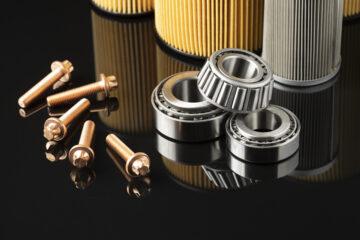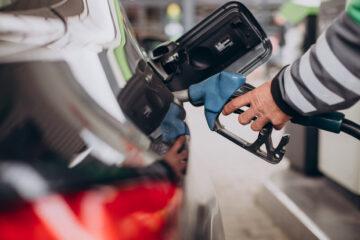 If you can’t buy a high-performance vehicle, the solution seems simple enough: buy a regular car, rig some upgrades, put the pedal to the metal, go fast. However, most car enthusiasts who have tried this would agree that expectations are not always met. There’s always too much to consider and spend, or worst, the car isn’t responding well to change – much like a failed transplant. So how exactly can you get your car’s performance up to a respectable level?
If you can’t buy a high-performance vehicle, the solution seems simple enough: buy a regular car, rig some upgrades, put the pedal to the metal, go fast. However, most car enthusiasts who have tried this would agree that expectations are not always met. There’s always too much to consider and spend, or worst, the car isn’t responding well to change – much like a failed transplant. So how exactly can you get your car’s performance up to a respectable level?
Though each car is different, there is a basic plan on how you can get your car performing better than ever. Read on to find out.
Synthetic Oil
Pioneered in the ’70s by Mobil, synthetic engine oil is known to provide the lowest friction and cleanliness for gasoline or diesel engines. It is not literally artificial since this type of oil still has the same natural ingredients found in conventional oil; it is just designed to yield desirable characteristics and uniformity not found in the traditional motor oils. Because its molecules are much more consistent in size and shape, it can withstand extreme engine temperatures better than unstable molecules of conventional oil that easily vaporize or oxidize in extreme heat. Synthetic oils take the all-season, multiviscosity approach to the extremes.
High Performance Air Filters
A car’s engine functions like a giant pump, transforming petrol and air into a rotary motion to get the car moving. The more air the engine has, the more horsepower it can make. This is where air filters come in, whose main function is to deliver high airflow and superior dirt protection. However, after a few thousand miles, standard air filters can become clogged, restricting airflow into the engine. This direct effect causes a decrease in gas mileage and power. On the other hand, high performance air filters increase fuel efficiency and horse power by having less restriction to air flow. This performance modification is quick and easy as well; it usually takes less than ten minutes to change your old air filter to high performance ones.
Tire Pressure
One of the easiest yet most neglected maintenance items is correcting tire pressure. Rolling resistance increases drastically when your tires are under-inflated, which in turn unnecessarily increases gas consumption. Over-inflation not only makes tires unable to compress and spread impact over its entire surface, but also result in a decrease in traction and stopping distance.
Ignition System
Automotive ignition systems normally degrade with age and mileage. Demanding more from the vehicle would soon result in lost power and fuel economy. If you want to maintain or improve your car’s performance, upgrading to high performance ignition chips and spark plugs using platinum or iridium plugs wires are recommended. You can also add an aftermarket ignition amplifier, especially for large vehicles such as trucks or SUVs.
These tips are not specific to any one car type; you also have to do your research to get the specifics for your particular machine. To purchase vehicle components for practical performance upgrades, visit autopartsway.com.



